In March 2021, President Uhuru Kenyatta appointed a taskforce to review power purchase agreements. The taskforce’s main mandate was to undertake a comprehensive review and analysis of the terms of all Power Purchase Agreements (PPA’s) entered into by the Kenya Power and Lighting Company Limited (KPLC) and to develop a strategy for engagement with the independent power producers (IPP’s).
This exercise was aimed at reducing the cost of electricity to consumers. Upon completion, the taskforce made certain recommendations to reduce the electricity cost to consumers by 33%, with the government so far managing to secure a 15% reduction.
A PPA is a legally binding document between an offtaker and an IPP – the IPP agrees to supply power and KPLC agrees to pay for the power supplied. Kenya’s power market allows only Kenya Power to be the offtaker.
The tariff (cost at which IPP’s sell power to KPLC) is determined by the government via the Feed-In-Tariff or is calculated through and open and competitive process. Due to the long-term nature of PPA’s, offtakers and IPP’s make a careful assessment of the viability of the PPA. As such, these PPA negotiations are conducted over an extended period as both parties seek an acceptable balance between value for money and return on investment.
Read >> Going Digital Can Help Rebuild Businesses After Corona Shakeup
After the long negotiations, the PPA is subject to review and approval by statutory bodies such as the Energy and Petroleum Regulatory Authority (EPRA), National Treasury and the Attorney General. As such, the idea that Kenya Power was misled into entering the current PPAs is totally false. In business and as per the law, contracts entered willingly should be upheld and abided by.
The Government should resist any attempt to arm-twist the IPPs into making concessions. On the broader picture, Kenya’s risk profile stands to be negatively affected if the Government and Kenya Power don’t uphold the current contracts, as adherence to contracts is a tool used by potential investors in doing business in a country.
The taskforce has highlighted that any change in tariff would have to be realized within the framework of the current contract agreements. The Government and Kenya Power should engage IPPs and their lenders on a multilateral basis to arrive at a win-win situation that benefits ordinary Kenyans.
Kenya is more energy-secure because of the Independent Power Producers and we should not lose sight of their contributions as we seek to reduce the cost of electricity in the country.
Edwin Baru is an advocate and member of the Electricity Sector Association of Kenya.
Next >> The Untold Story Of Sustainable Avocado Production In Kenya

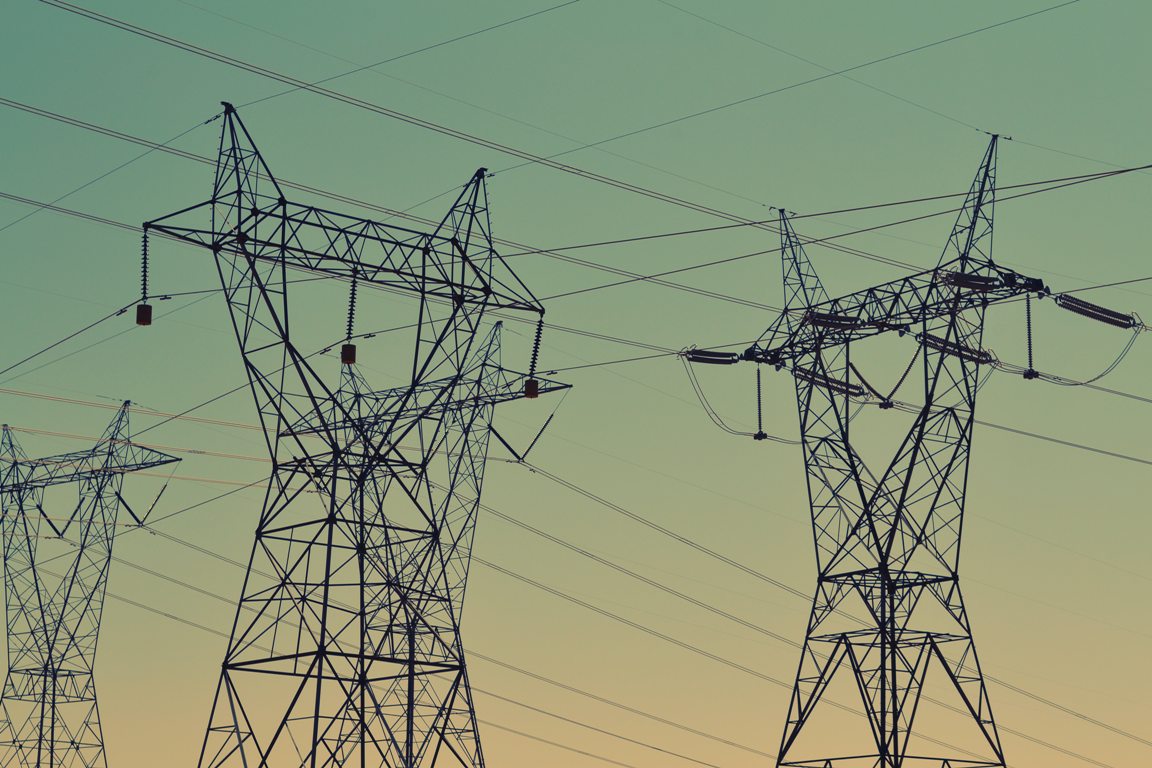





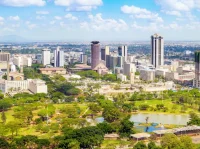

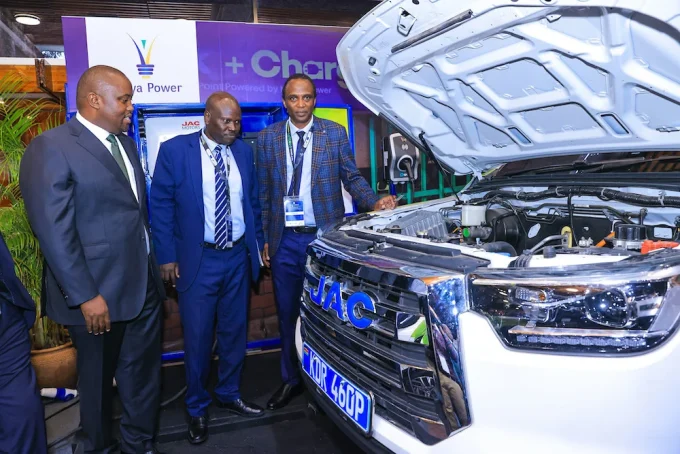

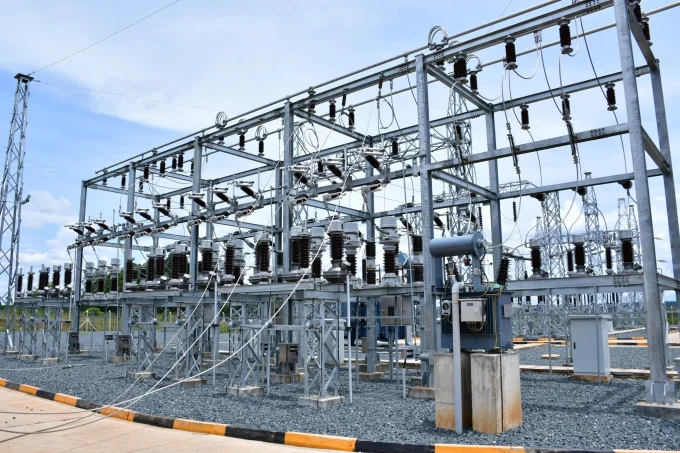
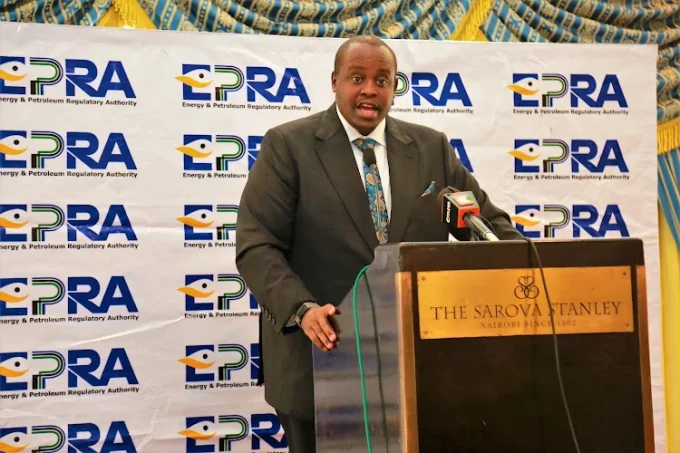
Leave a comment